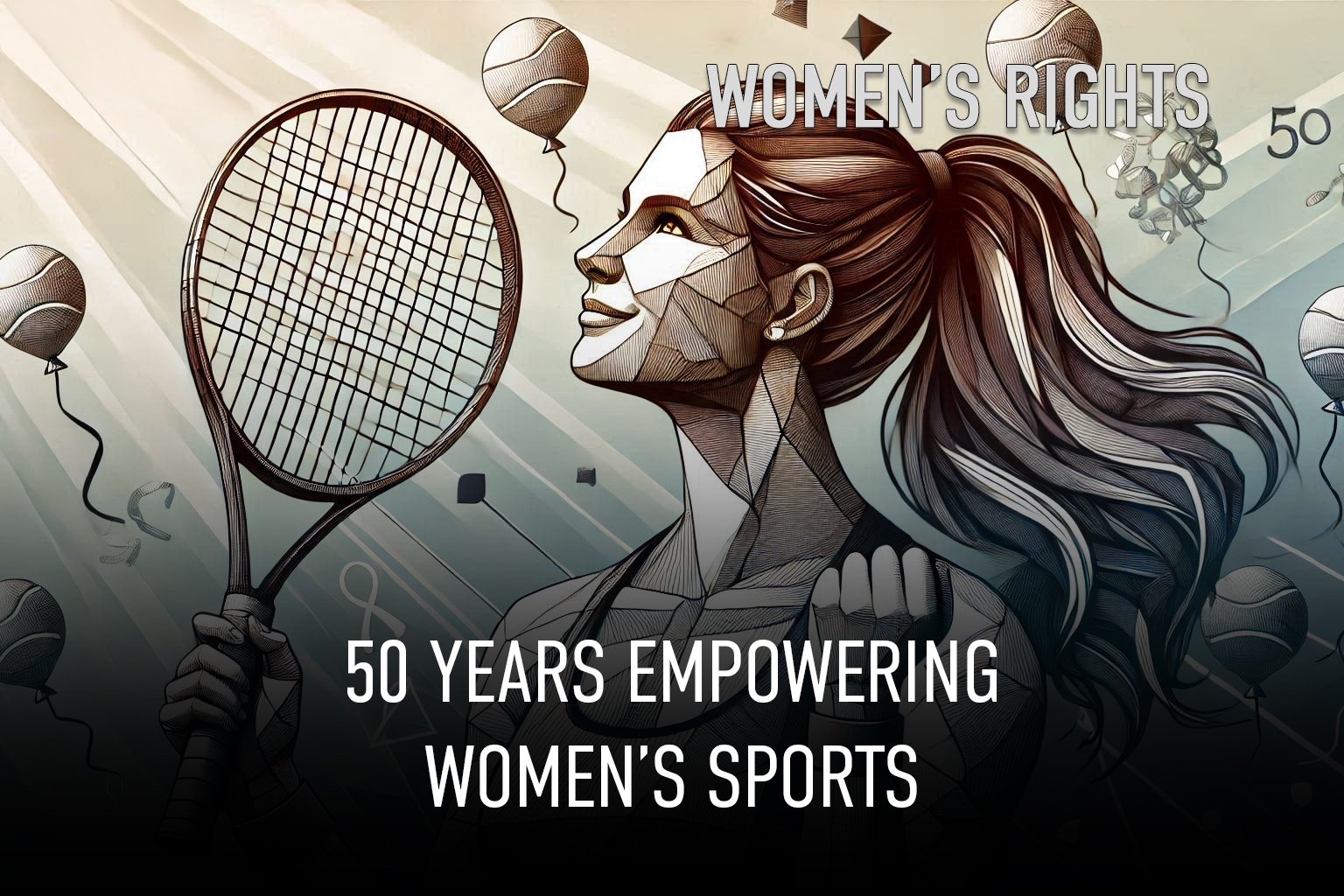BILLIE JEAN KING: 50 YEARS EMPOWERING WOMEN’S SPORTS

Tennis legend Billie Jean King’s work isn’t finished yet. This week, as she celebrates 50 years of championing female athletes through the Women’s Sports Foundation (WSF), she reflects on the impact her organization has had since its founding.
Launched a year after King’s famous “Battle of the Sexes” victory against Bobby Riggs, WSF has turned a modest $5,000 investment into over $100 million to support women’s and girls’ sports.
“When you’re reading history, it seems to fly by. But when you’re living it, it’s slow and tough,” said King, 80. “It takes patience, persistence, and passion to achieve your goals. If you don’t have those, you won’t make it.”
King, a 12-time Grand Slam winner, became the first individual female athlete to receive the Congressional Gold Medal last month in honor of her relentless fight for equal pay in tennis. Her efforts led to the U.S. Open becoming the first major tournament to offer equal prize money for both men and women in 1973. WSF has since invested more than $100 million in sports programs, research, and advocacy.
While King has seen monumental progress in women’s sports, she acknowledges that there is still work to be done. One key area for improvement: the low number of female coaches at the highest levels of sports.
“Nothing would be better than not needing the foundation anymore, but unfortunately, we still do,” King said. “Women and girls are still far behind. There’s so much left to accomplish.”
The WSF will celebrate its 50th anniversary with a gala in New York on Wednesday, honoring the 1999 U.S. women’s World Cup-winning soccer team. This team is credited with reshaping the landscape of women’s sports forever. Julie Foudy and her teammates advocated for better pay and working conditions, laying the groundwork for the U.S. national team’s historic lawsuit against U.S. Soccer two decades later.
Foudy believes today’s female athletes are more prepared than ever to take on the role of activist.
“These athletes are not just focused on winning championships and medals. The most important thing for them now is social justice, rights, and freedom,” Foudy said.
